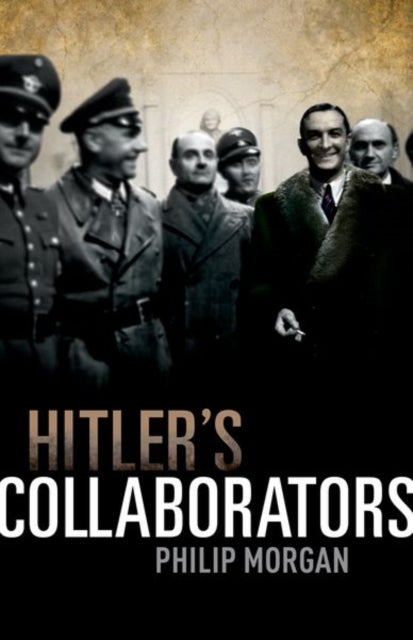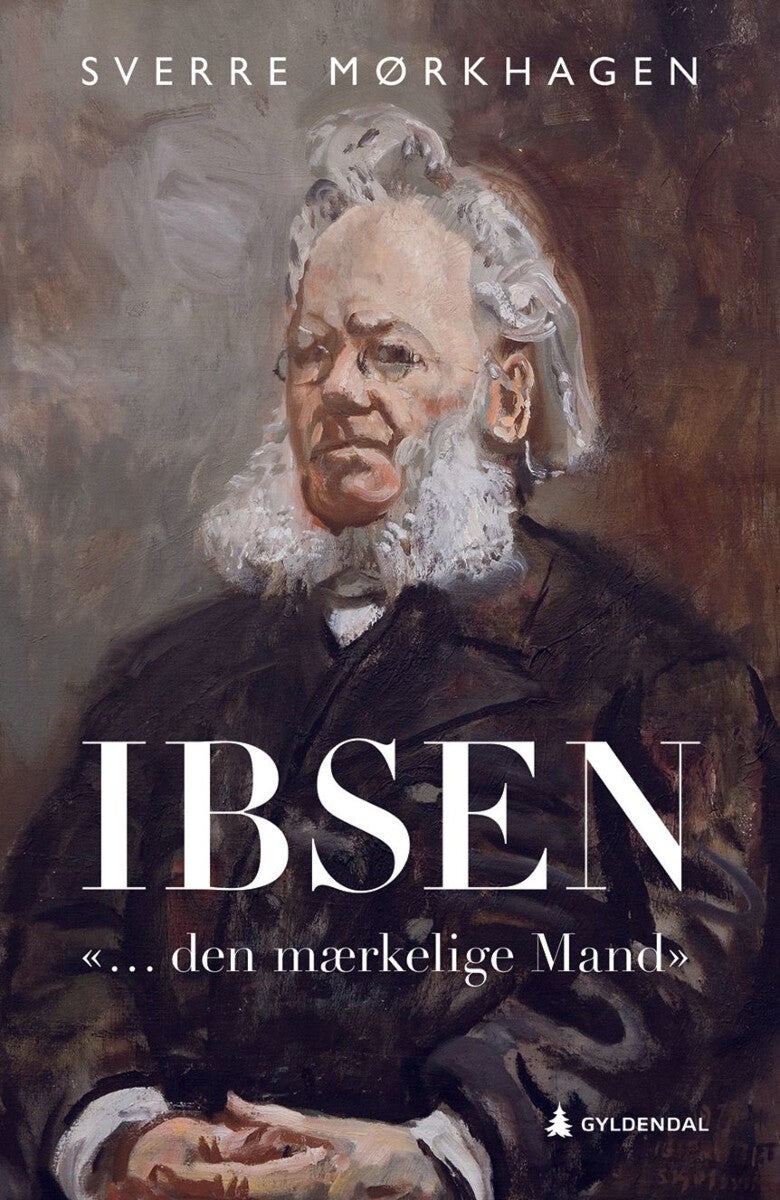
Hitler's Collaborators av Philip (Senior Fellow Department of History University of Hull) Morgan
369,-
Hitler''s Collaborators focuses the spotlight on one of the most controversial and uncomfortable aspects of the Nazi wartime occupation of Europe: the citizens of those countries who helped Hitler. Although a widespread phenomenon, this was long ignored in the years after the war, when peoples and governments understandably emphasized popular resistance to Nazi occupation as they sought to reconstruct their devastated economies and societies along anti-fascist and democratic lines. Philip Morgan moves away from the usual suspects, the Quislings who backed Nazi occupation because they were fascists, and focuses instead on the businessmen and civil servants who felt obliged to cooperate with the Nazis. These were the people who faced the most difficult choices and dilemmas by dealing with the various Nazi uthorities and agencies, and who were ultimately responsible for gearing the economies of the occupied territories to the Nazi war effort. It was their choices which had the greatest im








